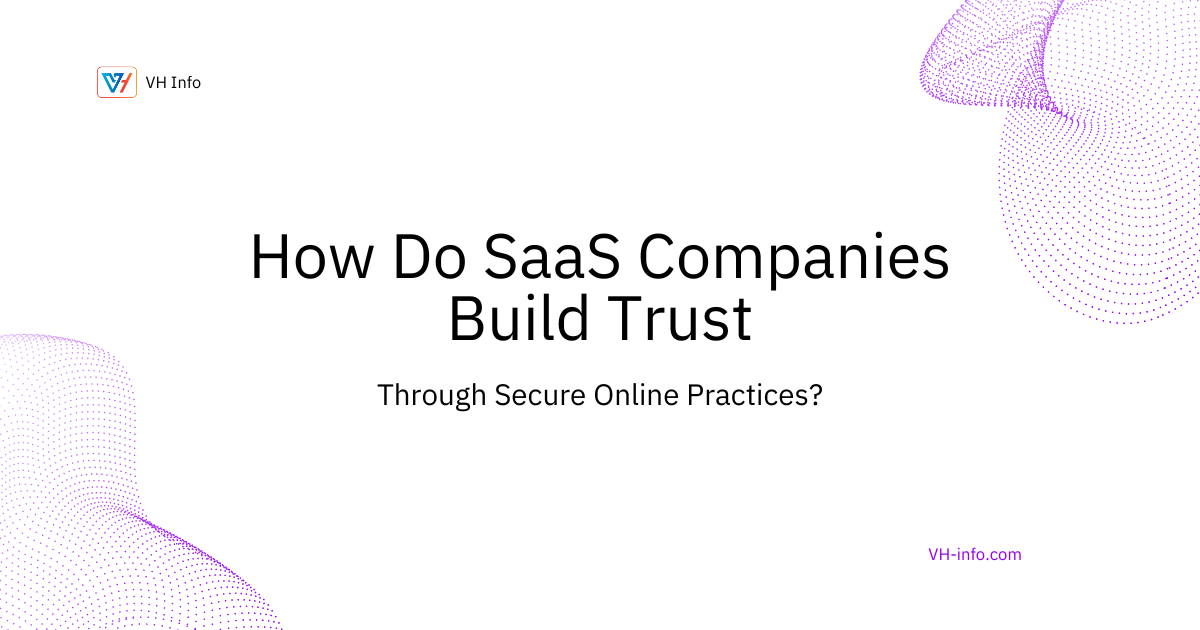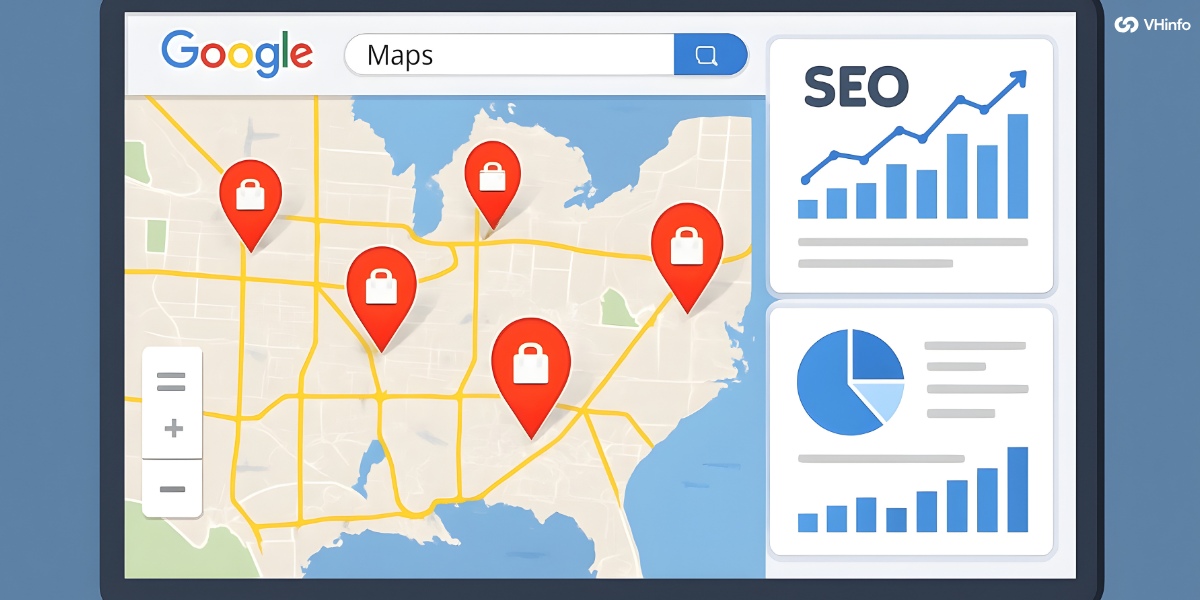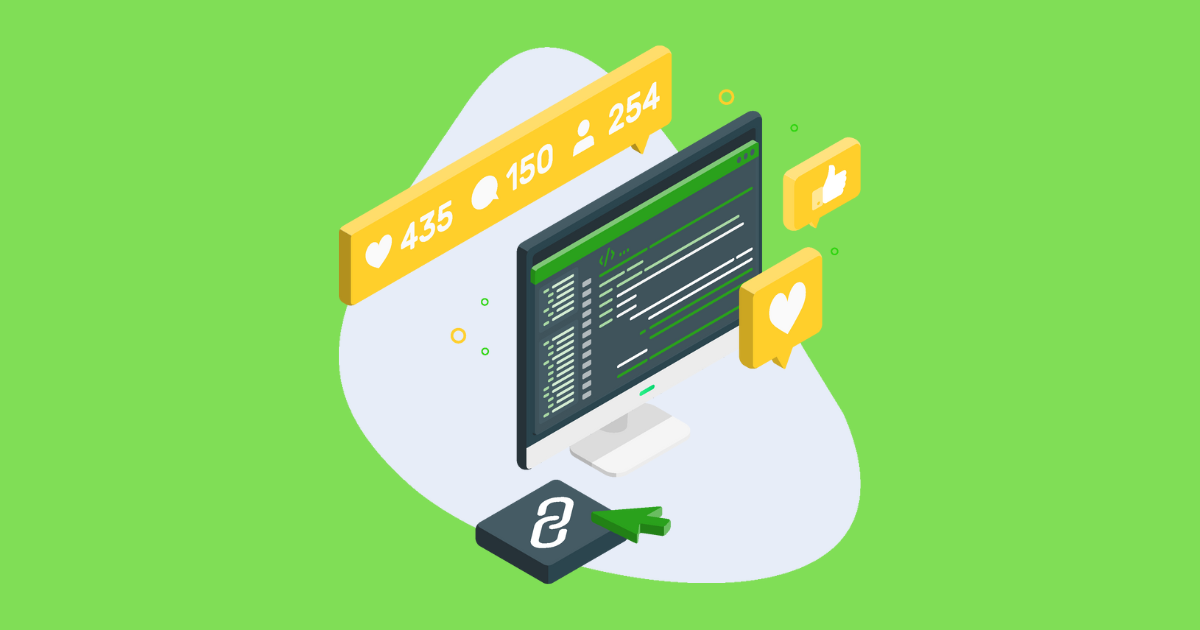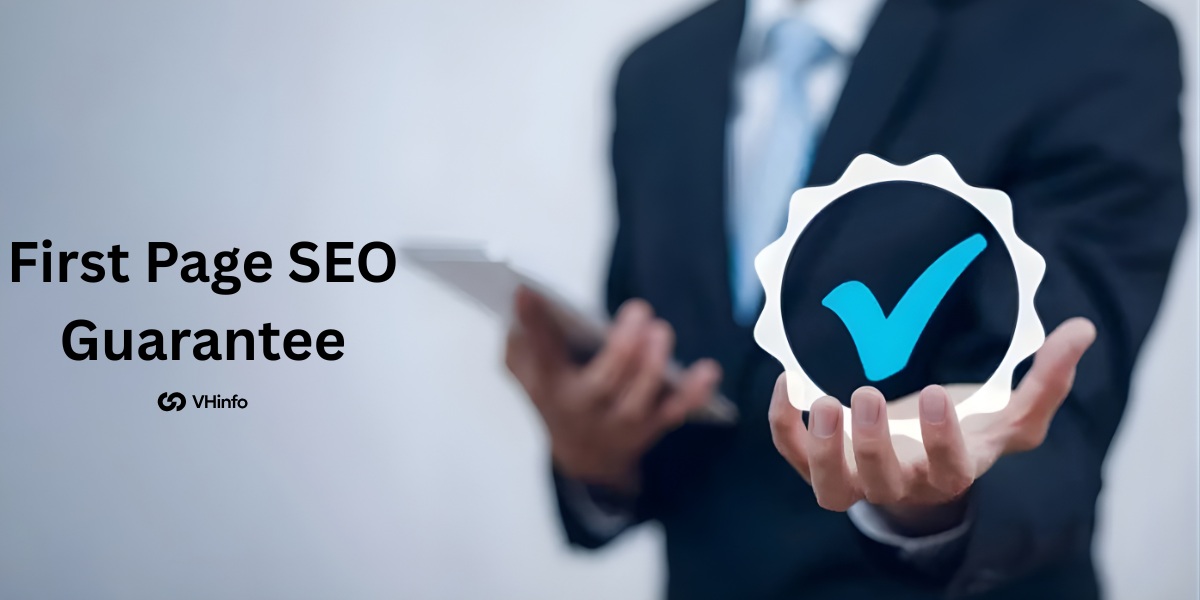SaaS companies thrive on customer trust, but they must also address constant challenges to security to earn and maintain this trust.
In this industry niche, building trust hinges on implementing secure online practices that protect sensitive data and demonstrate transparency. Customers want assurance that their information is in safe hands.
With that in mind, let’s get into the specifics of how SaaS companies achieve this balance between security and customer confidence.
Understanding Customer Concerns About Data Security
Customers worry about data breaches and misuse of their sensitive information. SaaS companies need to address these fears by being proactive, or else they could face a reputation crisis.
Customers’ biggest concerns include:
- Unauthorized access to personal or financial data
- Lack of transparency about how data is stored and shared
- Risks from weak security measures, like poor encryption
To tackle these worries, businesses should prioritize communication. Provide clear details on how user data is protected. Avoid complicated language in privacy policies so that users feel informed without needing a legal background.
Additionally, showcasing third-party verifications helps build confidence. Customers trust external certifications more than internal assurances.
Taking time to understand customer expectations is beneficial and necessary for building long-term relationships built on trustworthiness in SaaS platforms.
Building that trust also depends on following data security best practices that protect user data and reduce security risks.
Best Practices for Transparent Privacy Policies
A clear, easy-to-understand privacy policy goes a long way in gaining customer trust. Users want to know their data is handled responsibly without wading through complex legalese.
It must cover:
- How the company collects and uses customer information
- Whether data is shared with third parties, and why
- Steps taken to secure stored user data
It’s also important to keep policies up-to-date as laws or practices evolve. Notify users regularly about any changes instead of burying updates on obscure pages. Transparency builds confidence by making customers feel like partners rather than just accounts in a system.
Lastly, offer FAQs alongside the policy for commonly asked questions about security practices and compliance standards. This small effort helps reinforce clarity while demonstrating accountability directly to your audience.
Role of VPNs in Business-Grade SaaS Security
VPNs provide an added layer of protection by encrypting data traffic, which safeguards sensitive information from prying eyes. Additionally, ensuring virus protection for Mac is crucial for SaaS companies, they are a simple yet powerful tool to ensure secure connections for their users and internal teams alike.
Key benefits include:
- Protecting data during remote work or while using public networks
- Reducing exposure to potential cyberattacks like man-in-the-middle threats
- Ensuring compliance automation with security protocols across global operations
For businesses testing these solutions, a VPN free trial lets you evaluate how effectively it secures communications without upfront commitments. It’s a practical way to see the value before investing in larger-scale deployment.
Incorporating VPNs into everyday practices ensures that customer interactions and company operations stay private and reliable. This strengthens trust while delivering peace of mind. For teams managing social platforms securely on a budget, choosing the cheapest VPN for Instagram helps protect account access while maintaining safe and reliable connections.
Multi-Factor Authentication as a Simple Way to Boost Confidence
Adding multi-factor authentication (MFA) is an effective way to protect accounts and reassure customers about security. It adds extra steps for access, making unauthorized logins far more difficult.
Benefits include:
- Preventing breaches even if passwords are compromised
- Giving users control over who accesses their accounts
- Showing commitment to protecting customer data beyond basic measures
MFA methods range from SMS codes and authenticator apps to biometric verification like fingerprints or facial recognition. Integrating an authentication API can streamline the implementation of these MFA methods, allowing developers to securely verify user identities without reinventing the wheel. These biometric methods create a digital fingerprint unique to each user, enhancing security. The flexibility allows SaaS companies to cater options based on user preferences without adding unnecessary complexity.
Educating users on how MFA works and encouraging its use creates a stronger bond of trust between the company and its audience. Customers feel reassured knowing that security isn’t just a passive promise but an active priority in your service offerings.
Compliance with Industry Standards and Certifications
Meeting industry security standards reassures customers that their data is handled responsibly. Certifications signal a commitment to best practices, building credibility for SaaS companies.
Key compliance measures include:
- Adhering to GDPR or CCPA regulations for user privacy rights
- Obtaining ISO 27001 certification for information security management
- Meeting SOC 2 requirements focused on protecting customer data
Displaying these certifications prominently shows transparency and accountability. Customers recognize the effort behind meeting these benchmarks, which builds trust.
Regularly updating policies and processes ensures continued compliance as standards evolve over time. Beyond ticking boxes, it proactively keeps sensitive information secure within an ever-changing digital landscape.
Moreover, compliance is fundamentally a financially savvy step. The largest fines for breaching GDPR exceed $1.2 billion, so reputational damage is just one consequence of falling short.
How Regular Audits Strengthen Customer Trust in SaaS Companies
Frequent security audits help identify vulnerabilities before they become problems. They show customers that your business takes a proactive approach to safeguarding their data.
Benefits of regular audits include:
- Identifying weaknesses in systems or processes early
- Ensuring compliance with evolving regulations and standards
- Demonstrating an ongoing commitment to secure operations
Independent third-party auditors add extra credibility, providing unbiased reviews of your security measures. Sharing audit results openly, without exposing sensitive details, can reassure users about the robustness of your practices.
Audits also create opportunities for improvement. Acting on findings quickly helps reinforce trust by showing dedication to addressing potential risks immediately. It can even combat data sprawl, which is another security snafu waiting to happen.
Making auditing part of routine operations keeps companies ahead of threats while maintaining transparency with their audience. These are key factors for earning long-term loyalty in a competitive market like SaaS.
Incident Response Plans That Protect and Reassure Users
No system is immune to cyberattacks, and PwC research suggests 36% of companies have suffered a breach that cost over $1 million. This makes having a strong incident response plan critical. SaaS companies can mitigate damage and maintain customer trust by responding swiftly and effectively.
Key components of an effective plan include:
- Clearly defined steps for identifying breaches or attacks
- Rapid communication with customers about incidents in plain language
- Procedures for containing the threat and minimizing data loss
Testing response plans regularly ensures they work when needed. Simulated scenarios help teams stay prepared while uncovering areas for improvement.
Being transparent during a crisis shows accountability, not weakness. Providing regular updates reassures customers that your company is actively working to resolve issues.
Having a solid incident response strategy isn’t just about reducing technical risks; it’s about proving that you value customer trust even in challenging moments. This resilience strengthens your reputation over time.
The Role of End-to-End Encryption in Securing User Data
End-to-end encryption (E2EE) ensures that only the sender and recipient can access the information being shared. This technology is crucial for SaaS companies to protect sensitive data from interception or misuse.
Advantages of E2EE include:
- Preventing unauthorized parties, including service providers, from viewing customer data
- Ensuring secure communication channels for messages or file transfers
- Building confidence by guaranteeing privacy at every stage of data handling
Implementing E2EE also protects against external breaches, making it a vital safeguard in industries like finance or healthcare, where compliance is strict.
When companies openly communicate about their use of end-to-end encryption, they show users a clear commitment to protecting personal and business information.
Building Trust Through Secure Software Development Practices
Security starts with software development. Adopting secure coding practices and frameworks minimizes vulnerabilities from the outset. SaaS companies gain trust by prioritizing safety throughout their development lifecycle.
Key practices include:
- Conducting regular code reviews to identify potential flaws early
- Using automated tools for vulnerability scanning during development
- Incorporating penetration testing to simulate real-world attacks
Secure software development also means integrating security checks into continuous deployment pipelines. This approach allows teams to address risks without slowing down updates or releases.
When businesses demonstrate commitment to building strong foundations in their software, users feel more confident using the platform, knowing it was designed with protection in mind from day one.
Limiting Access Control to Minimize Internal Risks
Not all data should be accessible to everyone within an organization. Implementing strict access controls, such as Privileged Access Management, protects sensitive customer information and reduces internal risks. Utilizing an employee text messaging system can facilitate secure, real-time communication, ensuring that employees are promptly informed of any security changes or breaches.
Best practices for limiting access include:
- Assigning permissions based on job roles and responsibilities
- Using the principle of least privilege to restrict unnecessary data exposure
- Regularly reviewing and updating user access rights as roles change
Once again, multi-factor authentication comes into play. Implementing it for administrative accounts adds another layer of protection, guaranteeing that only authorized personnel can make critical changes.
Monitoring access logs is equally important. Identifying unusual activity early prevents misuse or breaches before they escalate.
Taking these measures shows customers you value their trust by prioritizing responsible handling of their information across every level of your business operations.
Wrapping Up
As we’ve established, building trust through secure online practices is essential for SaaS companies. Customers need reassurance that their data is safe and handled responsibly. Implementing these measures strengthens relationships by showing your dedication to protecting user information.
From encryption to audits, each step you take builds confidence and creates transparency. Clear communication about security efforts further closes the gap between company practices and customer expectations.
In a competitive market, prioritizing security safeguards data and sets your business apart as reliable and trustworthy. These actions help build loyalty while positioning your SaaS platform as a leader in delivering secure services.



